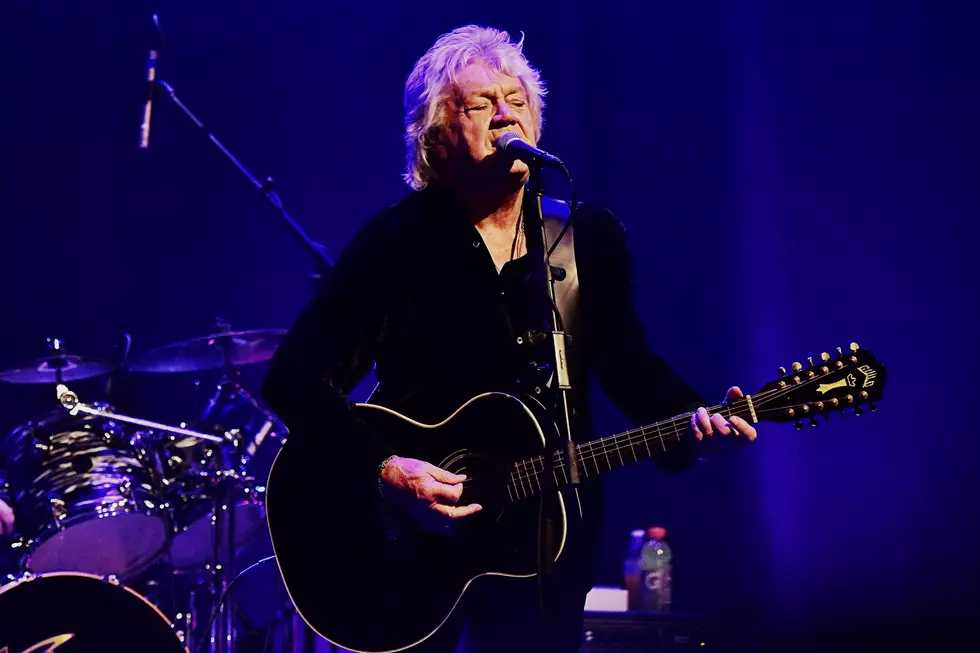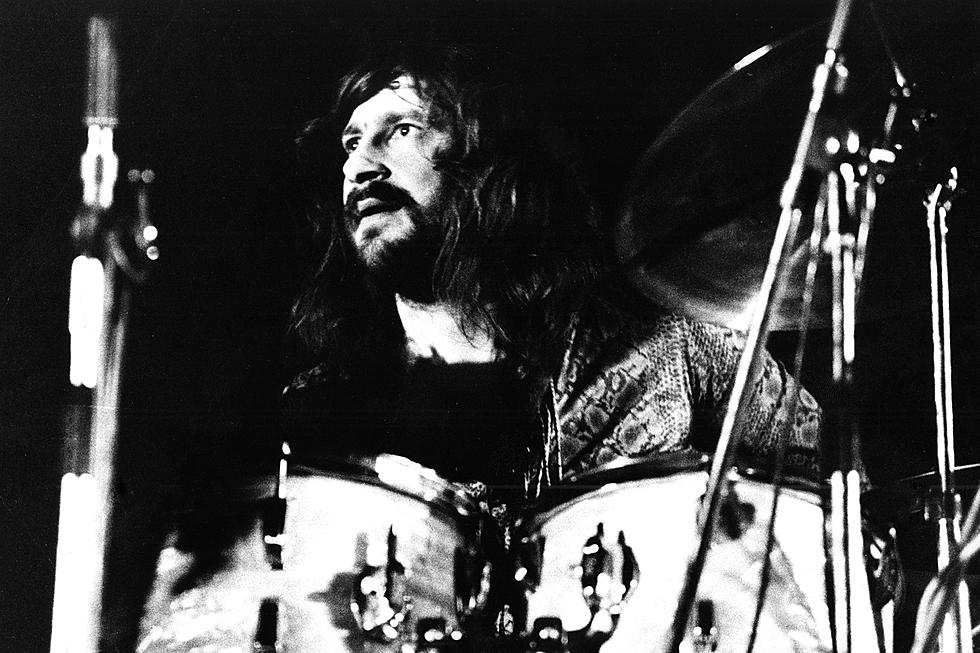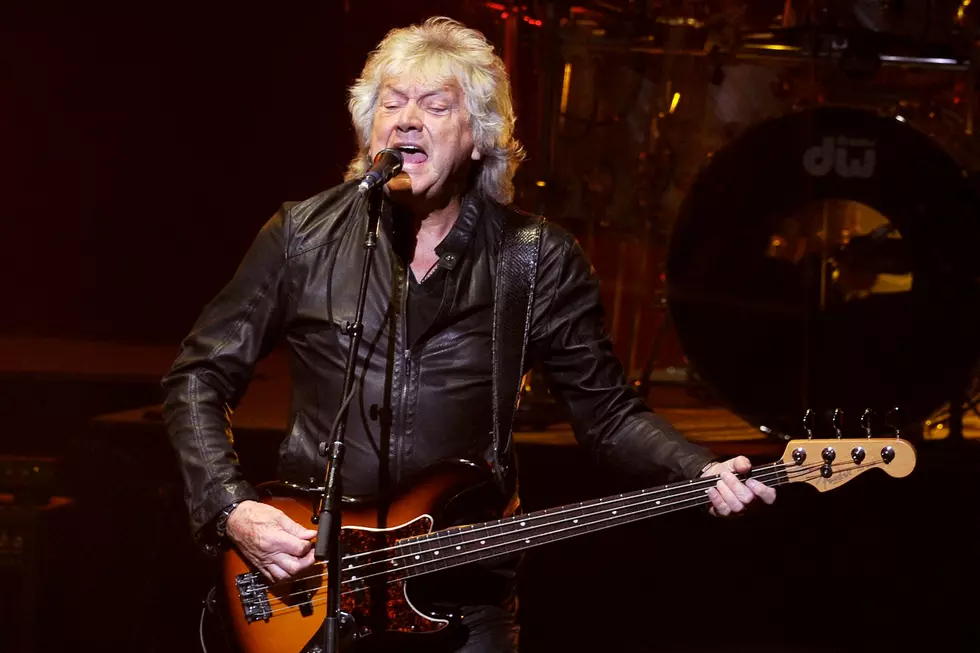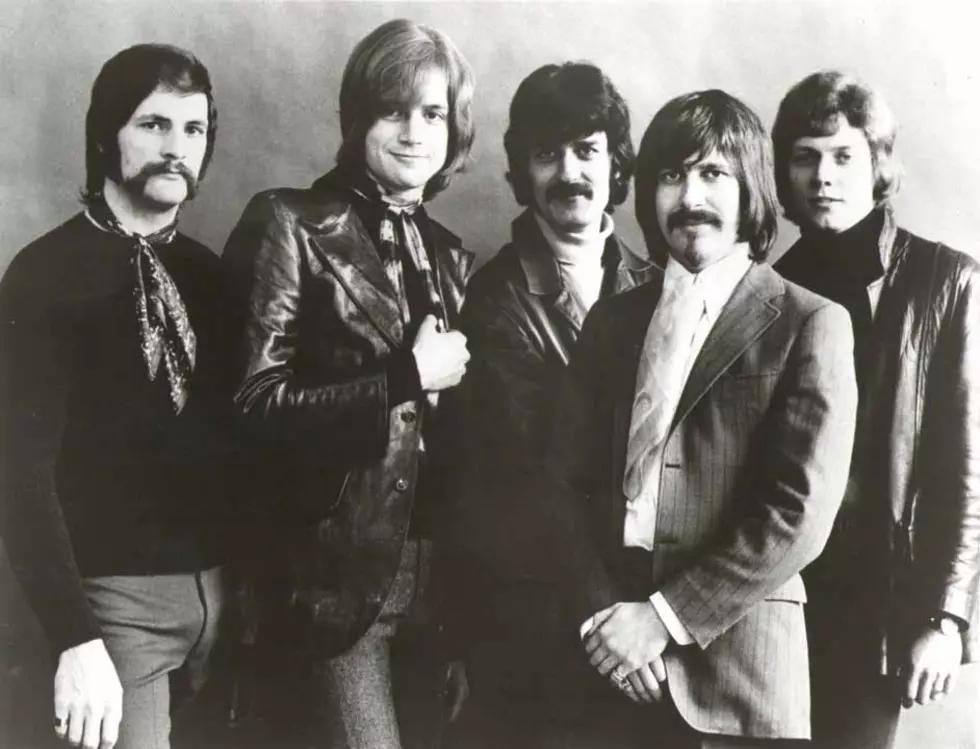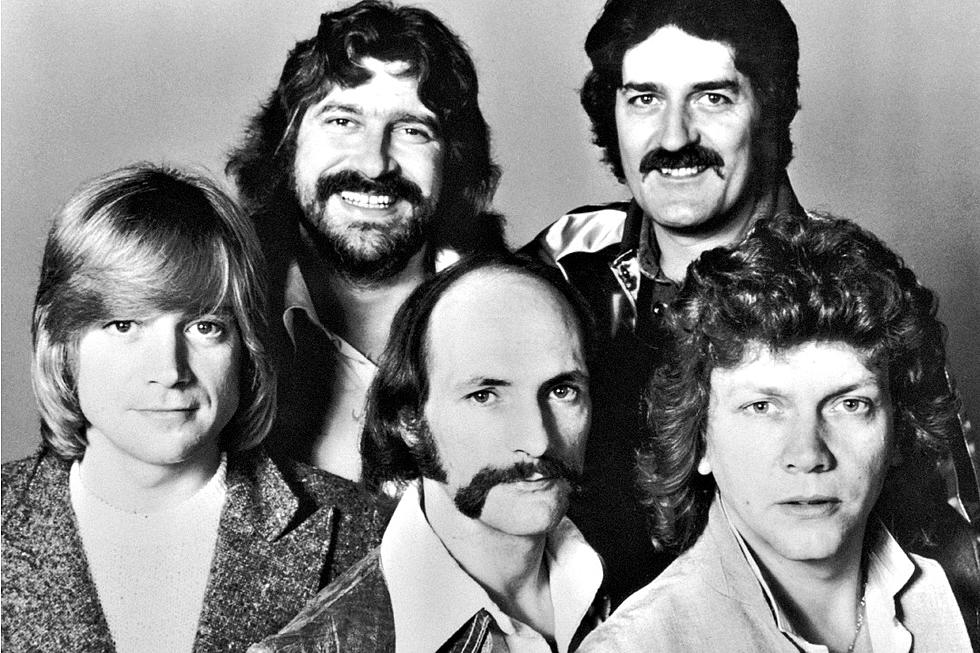
How Moody Blues Found New Urgency With ‘A Question of Balance’
The Moody Blues ascended to fame in the late '60s via lush mellotrons, conceptual suites, orchestras and multi-tracked harmonies – a grandiose combination that helped launch the progressive-rock movement on albums like 1967's Days of Future Passed. But with A Question of Balance, they aimed to strip things back – at least compared to what came before.
"[It] was very raw, very little overdubbing," guitarist Justin Hayward said of the Moody Blues' sixth LP in an interview with Redbeard in the Studio. "It was [a] stage type of album – it was like going back to the beginning, really."
The Moody Blues hadn't exactly crafted a garage-rock album. A Question of Balance, released on Aug. 7, 1970, bears all the band's trademark elements: the robust vocal arrangements; the mellotrons and synthesizers; the period-specific, psychedelic atmospheres. But the thrust of opener "Question" spelled out the band's new M.O.: urgency.
"I got very angry one night listening to the news about the war in Vietnam," Hayward continued. "The only reason to have a war to me is to do with starvation ... people fighting for their lives. But just for a bit of territory, a bit of land somewhere, was stupid. In my own naive way, I put a lot of those feelings into ['Question']."
Inspired by the feeling of unrest in the U.S. surrounding the war, Hayward combined two separate pieces – an uptempo riff and a slower, dreamier segment – that happened to be in the same key and tuning. The result is a Moody Blues classic – nearly six minutes of furiously strummed 12-string acoustics, Graeme Edge's dramatic drumming and swelling harmonies. "Question" became a hit, reaching No. 2 in the U.K. and No. 21 in the U.S.
"We went into the studio one Saturday just to do 'Question,'" Hayward said. "We'd rehearsed it up beforehand. We did with it no overdubbing or anything like that – no double-tracking. We mixed it in the evening, and we had it out in a couple weeks."
Listen to the Moody Blues' 'Question'
"After a decade of peace and love, it still seemed we hadn't made a difference in 1970," Hayward told Songfacts. "I suppose that was the theme of the song. And then the slow part of the song is really a reflection of that and not feeling defeated, but almost a quiet reflection of it, and mixing with a bit of a love song, as well."
Hayward told Redbeard the creative mood for the session was "very simple, very open," with the whole LP flowing from that track. "Question" is undoubtedly the album's signature moment, but the Moody Blues struck magic in Hayward's jangly rocker "It's Up to You," in the eerie textures of Mike Pinder's "How Is It (We Are Here)" and in the torrent of acoustic finger-picking on Ray Thomas' seductive "And the Tide Rushes In."
Moody Blues haters like to bash the dated flower-power vibe of the band's early material. A Question of Balance fuels the fire on a few cuts: The flute-driven "Don't You Feel Small" is bogged down by Edge's campy whispers, while "The Tortoise and the Hare" borders on bad Mamas and the Papas with its hushed harmonies and cheeky, swinging beat, and the mellotron textures of closer "The Balance" are marred by a cliched spoken-word section.
Tedious spots aside, A Question of Balance became another chart smash, peaking at No. 1 on the U.K. album chart and No. 3 on the Billboard 200. Meanwhile, the critics continued to dole out praise.
"Everything about this remarkable artistic achievement, up to and including its very marvelous cover (which was done in gouache, compellingly depicting the confusion that is currently rampant in this topsy-turvy world of ours, and rumored to be scheduled for reproduction on Threshold's forthcoming official lunch-boxes), borders on the divine," John Mendelsohn wrote in his breathless 1970 review for Rolling Stone.
The Moody Blues would carry that momentum into 1971's more expansive Every Good Boy Deserves Favour – a pinnacle of the band's early run.
Top 50 Progressive Rock Albums
More From Ultimate Classic Rock




